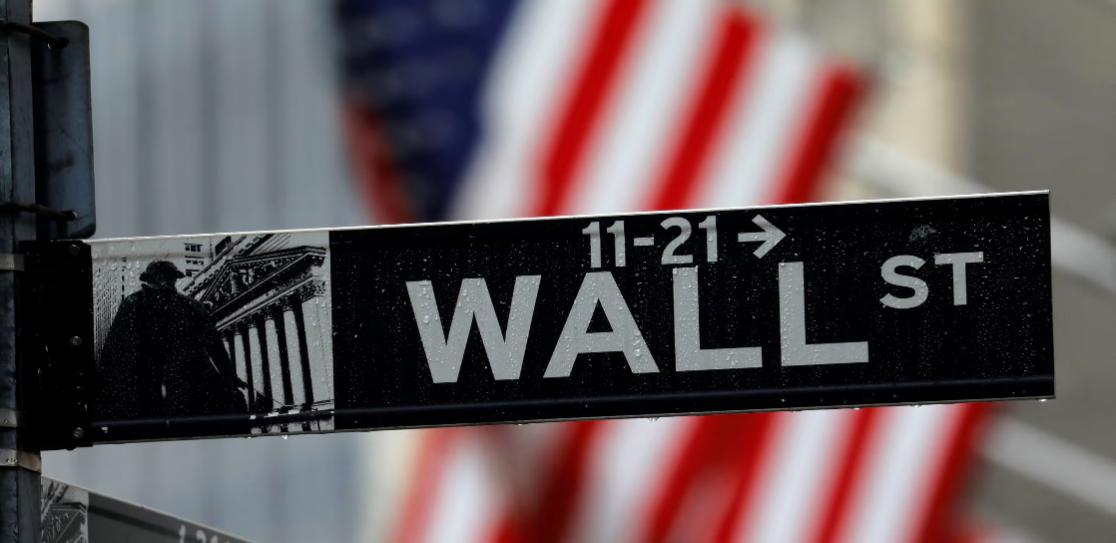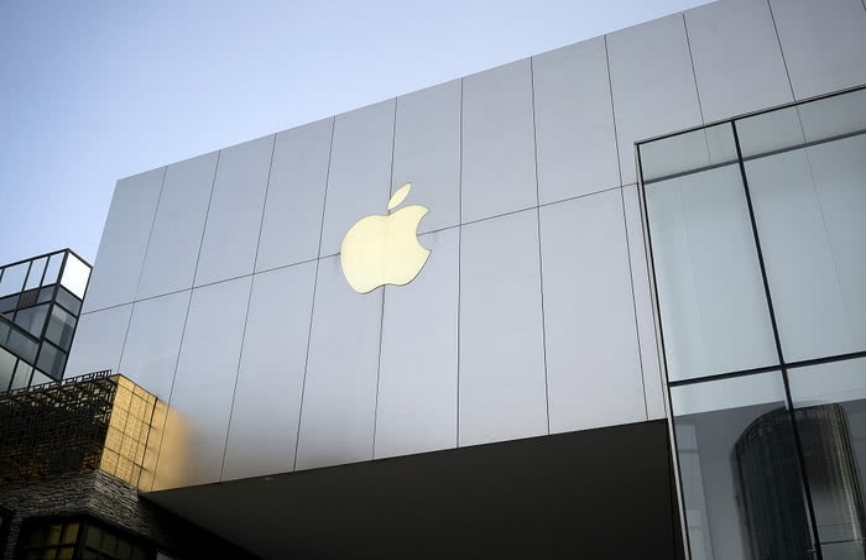
Is the world's largest economy heading towards recession? Or is the economy just in trouble? Recent economic indicators in the United States seem to point in this direction, with many analysts suggesting that the economy may enter a recession early next year. The tense situation in the Middle East has led to a decline in the stock market, and analysts are waiting for key service sector indicators to measure the vulnerability of the US economic recession. Due to concerns that the US economic powerhouse may fall into recession, the stock market plummeted last weekend, and global investors are preparing for further turbulence.
Firstly, the employment data released by the United States fell short of expectations, causing panic among investors in Europe, Asia, and New York, who are concerned that the situation in the world's largest economy may be worse than previously anticipated. This data, combined with disappointing performance from tech companies Amazon and Intel, led to a decline in stock prices over the weekend, while Middle Eastern stock markets also fell on Sunday due to ongoing tensions in the region. Any further signs of fragility in large economies could indicate new turbulence. Last month, the slowdown in the German economy prompted analysts to warn of an economic recession, while the Bank of Japan's interest rate hike caused the Nikkei index to fall 2216 points on Friday, a drop of nearly 6%.
Secondly, the prospect of economic recession in some of the world's largest economies has led to Brent crude oil prices falling from nearly $88 per barrel to below $78. The United States will release highly anticipated economic data, including service sector data and unemployment claims. The July employment data released by the United States showed that the slowdown of the US economy was lower than expected, with 114000 new jobs added, lower than the expected 175000, causing market anxiety.
The unemployment rate has risen to a three-year high of 4.3%, while manufacturing activity in the United States has also declined. Due to a decrease in new orders, manufacturing activity in July fell to its lowest level in eight months. These data have raised concerns that interest rates may need to be lowered faster than expected to stimulate demand, rather than being cancelled in a more orderly manner.
On the other hand, as market participants speculate that the Federal Reserve will increase public propaganda next week, recession concerns are gaining attention. Over the past year, the Federal Reserve has maintained its benchmark borrowing costs at a 23 year high of 5.25% -5.50%. Some analysts are concerned that this long-term tightening monetary policy may push the economy into recession. The Sam Rule recession index has surpassed the threshold of 0.50, which historically foreshadowed the early stages of a recession in the US economy.
In addition, American homeowners face a huge gap in wildfire and flood risk insurance, totaling $28.7 billion annually. This insufficient insurance coverage affects over 17 million households, accounting for nearly 19% of the total value of US homes, and poses a potential threat of $1.2 trillion to property values. Although this situation may not trigger a global financial crisis, it will have severe local impacts on affected communities comparable to the Great Recession.
Overall, the Federal Reserve may fall behind in reducing borrowing costs, thereby increasing the risk of an economic hard landing. The Federal Reserve has chosen to keep interest rates unchanged this week, putting pressure on the economy and overall consumers. If any geopolitical or other unexpected risks arise, there is not much room for maneuver to make appropriate responses. Despite investors' recent cautious attitude, data shows that the economic foundation is still solid. Another key indicator for measuring the health of the US economy is about to be released, and the US Department of Labor will announce the employment figures for July.

Recently, according to 9To5Mac, the Apple Podcasts app was exposed to have the problem of automatically redirecting unsubscribed programs, and some of the redirected programs were suspected to contain malicious links.
Recently, according to 9To5Mac, the Apple Podcasts app was …
Recently, multiple Federal Reserve officials have publicly …
Ukrainian President Vladimir Zelensky met with French Presi…
In November 2025, South Korean e-commerce giant Coupang was…
On December 2, 2025, the international silver market witnes…
On November 30 local time, a report released by the Stockho…